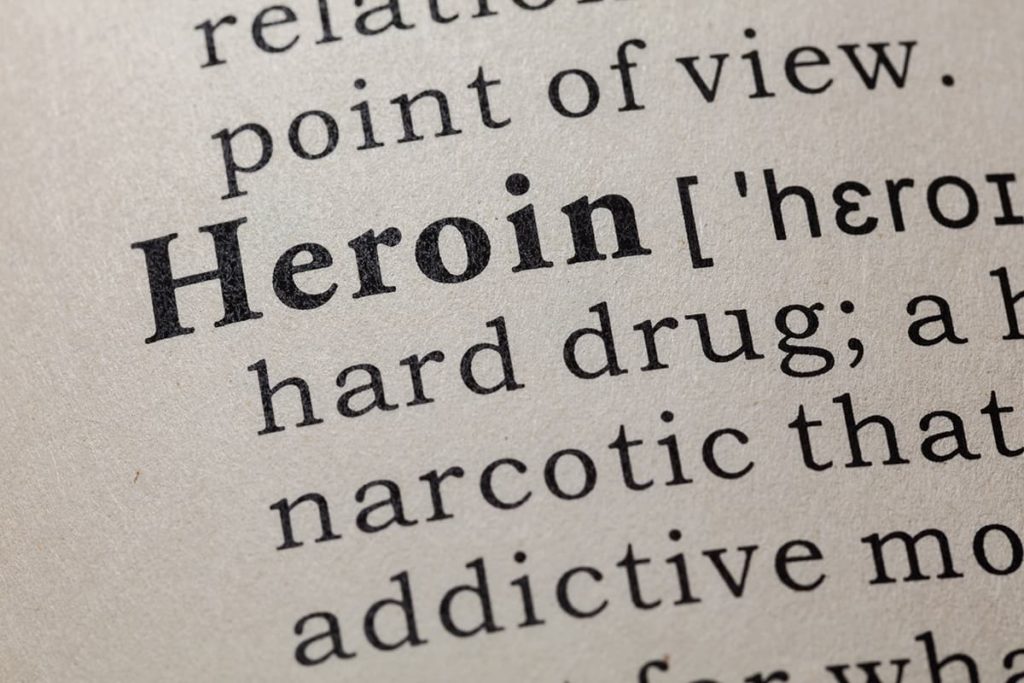Opioid use during winter can be hazardous, especially for those with a history of addiction. During the colder months, individuals who struggle with addiction may feel more compelled to use opioids due to the isolation and loneliness that comes with the season. Recognizing the potential dangers of using opioids during winter can help you or a loved one stay safe.
Opioid use during winter can be dangerous and lead to addiction. It is essential to seek help from addiction treatment programs if you or a loved one struggles with opioid addiction. Recovery Ranch can help individuals achieve long-term recovery and overcome addiction. Contact us today at 1.844.876.7680 to learn more about our programs and get started on recovery.
What Are the Dangers of Using Opioids During Winter?
Winter can be a tough and challenging time for many people. Many people turn to opioids to manage physical and emotional issues during the winter months. However, opioid use during winter can be dangerous and lead to addiction. The following are the dangers of using opioids during winter.
Greater Risk of Overdose
Opioid overdoses are more common in winter due to a variety of factors. For one, colder temperatures can decrease the body’s tolerance to opioids, which can cause a person to overdose accidentally. In addition, winter weather can also cause power outages and delays in emergency medical services, making it more difficult for individuals to receive timely treatment in case of an overdose.
Worsened Depression
Many people experience seasonal depression during the winter months, which can be intensified by opioid use. Opioids are depressants, meaning they slow down the central nervous system, which can worsen symptoms of depression. When individuals use opioids to self-medicate their depression, it can lead to a cycle of addiction and worsened mental health.
Increased Isolation and Loneliness
The winter months can be particularly isolating, as cold weather and harsh conditions make socializing and spending time outdoors challenging. This isolation can lead to loneliness, exacerbating addiction and increasing opioid use as individuals attempt to self-medicate their feelings of isolation.
Higher Risk of Respiratory Issues
The winter months bring cold and flu season, which can exacerbate respiratory issues for people who use opioids. Opioids can depress respiratory function, leading to a higher risk of respiratory infections and illness. Many people who use opioids also smoke cigarettes, which can further damage the respiratory system.
How Addiction Treatment Programs Can Help
Addiction treatment programs can provide the necessary support and resources to help individuals overcome opioid addiction during the winter months. Programs such as inpatient residential rehab and partial hospitalization provide a structured environment for individuals to address their addiction and receive support from trained professionals.
Individual and group therapy, trauma-informed care, and mindfulness modalities can help individuals overcome their addiction and address underlying mental health issues. For those who have completed addiction treatment, aftercare and alumni programs can offer continued support and resources to help maintain sobriety during winter and beyond.
Contact Recovery Ranch for Addiction Treatment Programs
If you or a loved one are struggling with opioid addiction during winter, it is vital to seek addiction treatment. Recovery Ranch offers a variety of programs and services to help individuals overcome addiction and maintain sobriety during the winter and throughout the years. We can tailor addiction treatment to your specific needs and answer your questions about our program.
Contact Recovery Ranch at 1.844.876.7680 or complete our brief online form to learn how we can help you or your loved one on the path to recovery. Don’t let addiction control your life – take the first step toward a life of sobriety and find the support you need today.




